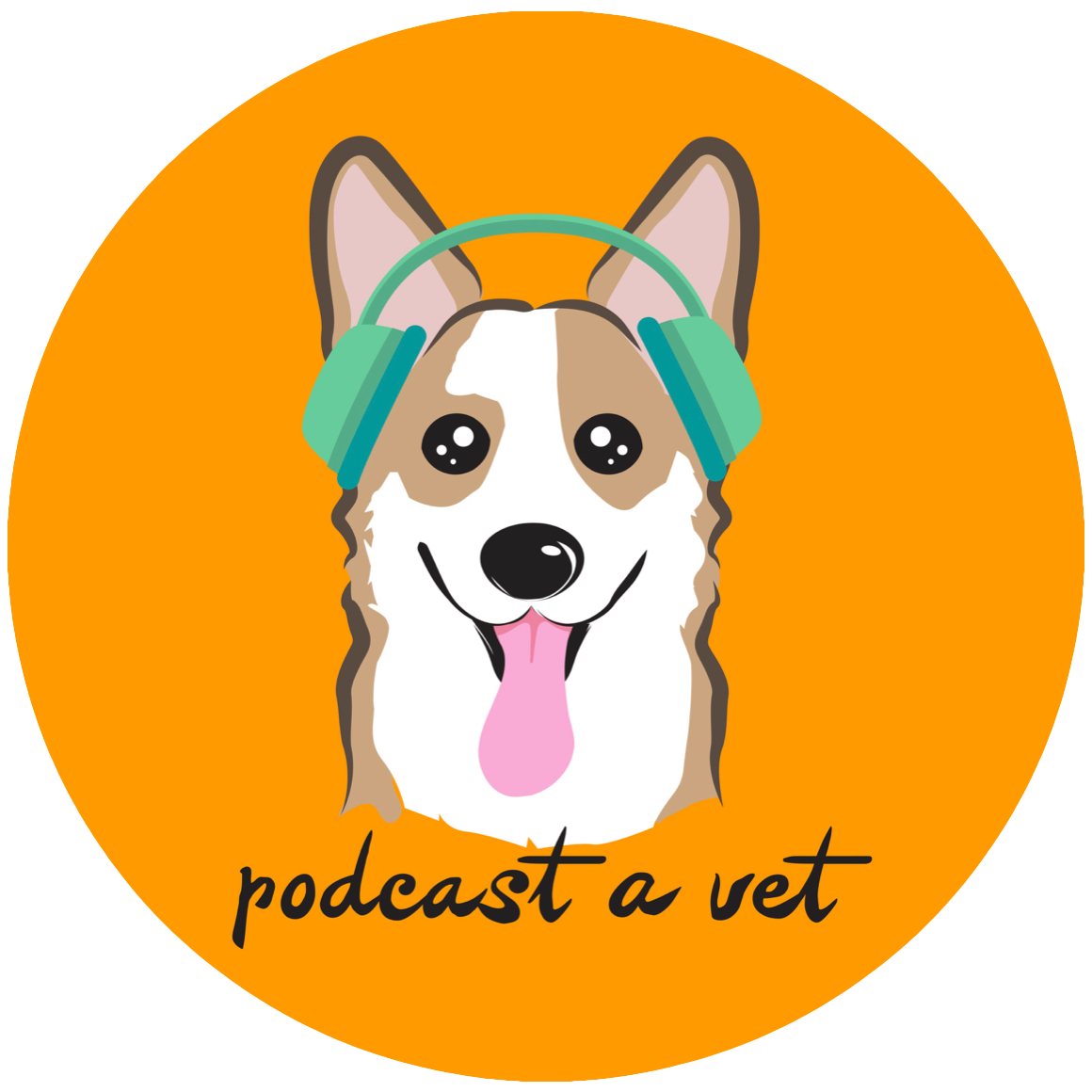037: How Veterinarians Can Help Save The Bees w/ Christina Geldert
Did you know that bees pollinate 1/3 of everything you eat? I am joined by Christina Geldert, 2nd-year vet student and president and founder of the Honey Bee Veterinary Medicine Club at CSU. This club is the first of its kind and works to highlight the role of veterinarian medicine in bees.
Listen Now
Or, listen on your favorite app: iTunes (Apple Podcasts) | Stitcher | Google Play
Show Notes:
Christina is all-in for bees and is helping bridge the gap between veterinary medicine, agriculture, and honey bee sustainability. By figuring out how veterinarians can help bees and bee health, Christina hopes to put an end to the death of bee colonies and quantify the issues that affect bees.
We are tackling all things bee related on today’s episode including farm to table sustainability, education, and exposure. If you are fascinated by bees and want to learn something new, today’s episode is for you. Let us know what you think about today’s bee fact’s and your best bee related dad jokes in the comments below!
In This Episode
- The surprising connection between veterinary medicine and agriculture
- Why bees need veterinarians
- Learn about honey bees, how they work, and why they are important
- The benefit of having beehives on a campus
- How to give a bee a physical exam and why you need to treat a colony as a superorganism
- Why you shouldn’t be afraid to wear bright colors and show your tattoos when interviewing for vet school
Quotes
“So I zipped up that bee suit and I was totally hooked. And like in hindsight it just seems like from that moment on is when I started reading about them and watching documentaries about them and just kind of figuring out bees and what this like incredible superorganism is comprised of. Because bees are just so fascinating in how they interact with one another and how their whole colony is organized.” (11:07)
“We are the professionals that have those tools in our toolbox to apply that to a new problem. And the fact that bees are dying is motivation enough to say maybe we should do something about this because we have the curative power of medicine that has not yet been applied to the honey bee population.” (32:54)
“We go into superhuman mode for the whole semester. And I think it’s really easy to take that energy and somehow like when I don’t know what to do with it I kinda can turn it back into this like negative thing or let it just stew inside of me because I’m used to pouring it out into school or what I am doing.” (55:51)
“It is an interesting thing to see the similarities in our fields. And by similarities, I mean exact same because we use the same supplies and we follow the procedures when taking care of a patient… those are things that human medical professionals, they don’t see it in the same way. Or they see our work as cute or novel or like silly, kind of. And it’s like no, we are doing the same stuff, and sometimes harder stuff because our patient can’t tell us what hurts.” (1:06:47)
Links
Northern Colorado Beekeeping Association
Additional info on Christina’s work with beehives
Contact Christina at cgeldert@colostate.edu
Follow Podcast A Vet on Facebook | Twitter | Instagram
We'd love it (and you) if you would take 1 minute and leave us a review on iTunes!

